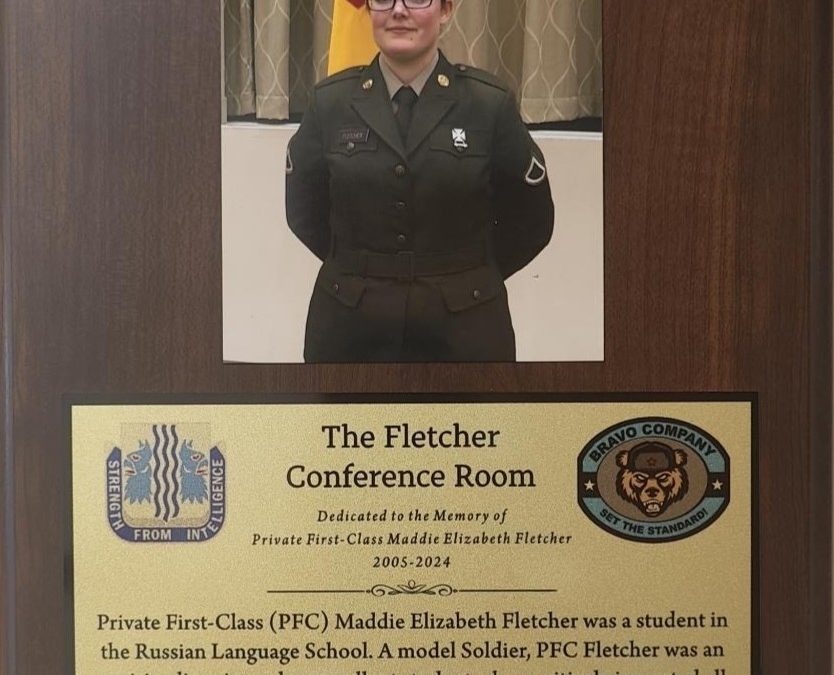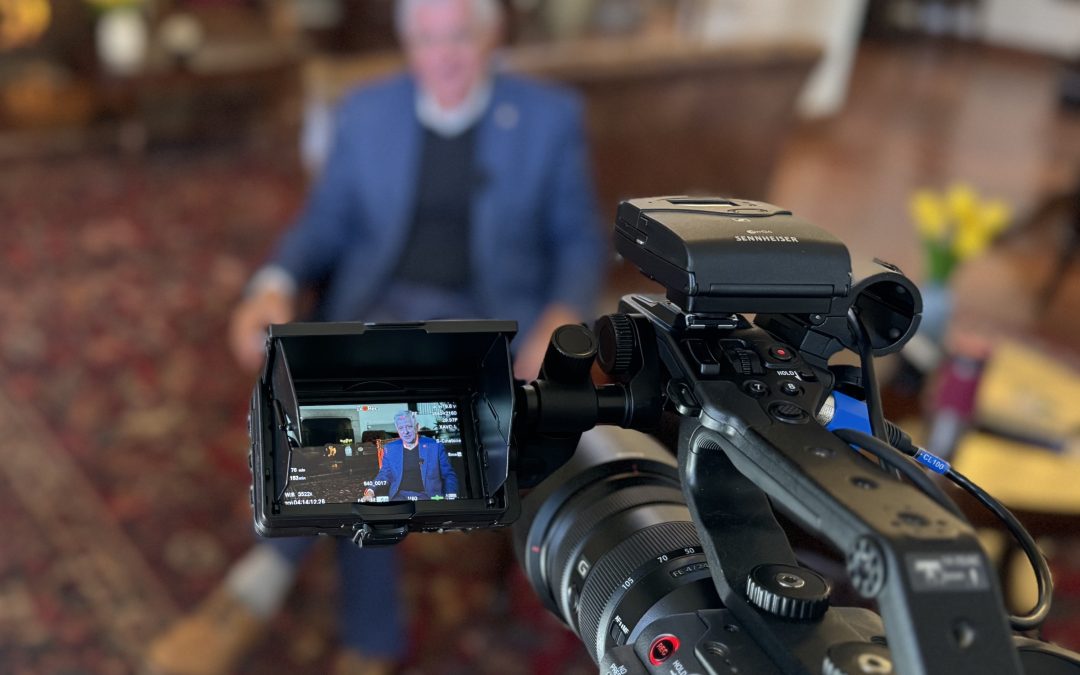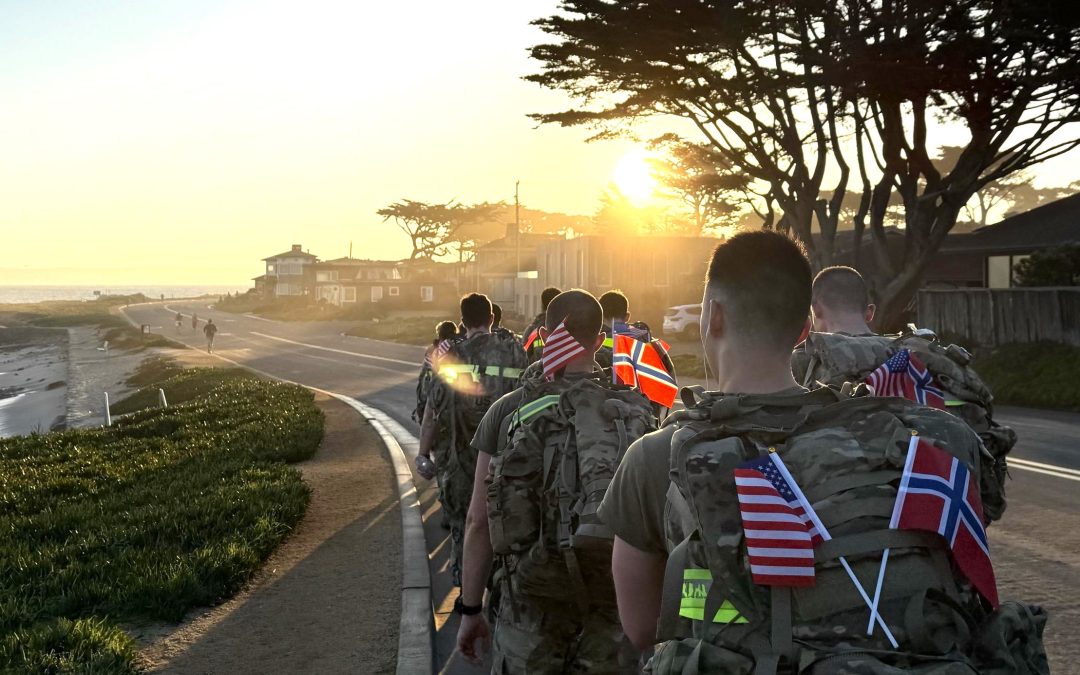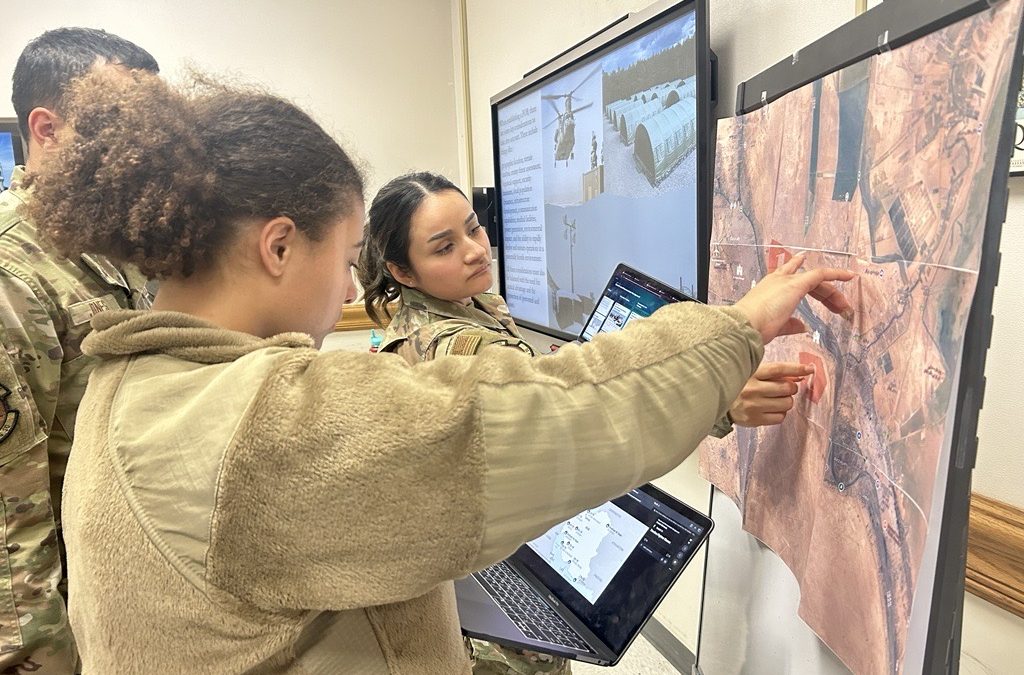By Patrick Bray
DLIFLC Public Affairs

The Defense Language Institute Foreign Language Center, Presidio of Monterey, conducted the Advanced Language Academy (ALA) seminar for senior academic leaders at DLIFLC and sister institutions Aug. 10-21 to stay proficient in the changing contexts of higher-level language learning. (Photo by Patrick Bray, DLIFLC Public Affairs)
MONTEREY, Calif. – The Defense Language Institute Foreign Language Center, Presidio of Monterey, conducted the Advanced Language Academy (ALA) seminar for senior academic leaders at DLIFLC and sister institutions Aug. 10-21 to stay abreast of the changing contexts of higher-level language learning.
Dr. Betty Lou Leaver, DLIFLC provost, kicked off the two-week seminar.
“We are in a post-method era,” said Leaver. “Emphasis is now on meeting students where they are and ‘transforming’ them into proficient language users through diagnostically oriented teaching and the development of autonomous learning skills.”
Leading experts in the foreign-language learning field presented at the academy as guest speakers.

Consultant Mike Mears spoke about leadership and management at the Advanced Language Academy (ALA) seminar for senior academic leaders conducted Aug. 10-21. (Photo by Patrick Bray, DLIFLC Public Affairs)
Consultant Mike Mears spoke about leadership and management. He described how great teachers share the same attributes as great leaders and used Gen. Norman Schwarzkopf, who taught at West Point, as an example.
Dr. Dan Davidson, president of the American Council for International Education, the flagship program in language education, and professor at Bryn Mawr College, spoke about “teams that lead students to achieving higher levels” as part of the session on supervising at upper levels.
Upper-level learning in an overseas setting, led by Dr. Davidson and Jelena Teague of the DLIFLC Immersion Language Office, was also a topic of discussion. DLIFLC conducts immersion language training at more than 20 sites outside of the U.S. Students who have gone on immersions say that it improves confidence and motivation in using the language, and these students generally score higher on their final language proficiency test.
DLIFLC recognizes the value that immersions bring to language learning, but also recognizes that it is not possible to send every student overseas. Therefore, the institute developed isolation immersions that take place in a separate facility. These immersions include language and cultural activities that cannot be replicated in the classroom.

Attendees of the Advanced Language Academy (ALA) seminar for senior academic leaders present their final scenario-based projects to others in attendance Aug. 21. (Photo by Patrick Bray, DLIFLC Public Affairs)
The ALA held a question-and-answer session between the unit commanders (Army, Marines, Navy and Air Force) and the academic leaders of the institute. The session was an opportunity for the commanders to relay the services’ requirements and needs directly to the academic staff and vice versa. The combined effort between DLIFLC and the Services is to help foster higher-level proficiency.
As the academy drew to a close Aug. 21, attendees presented their final scenario-based projects to others in attendance. The projects’ overall focus was to improve student language outcome at DLIFLC and covered areas such as hiring practices and better ways of incorporating military training without interrupting student academic studies.




